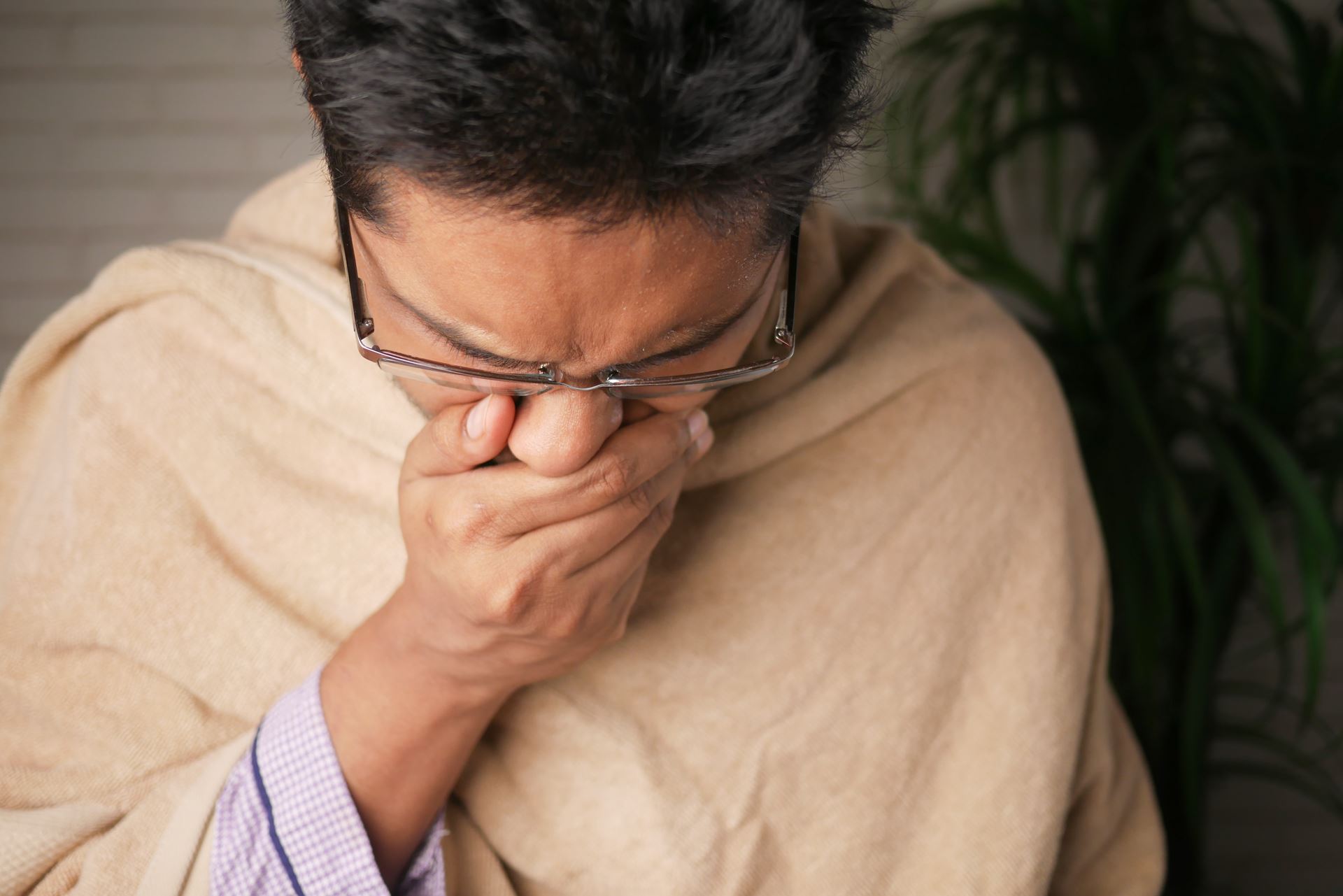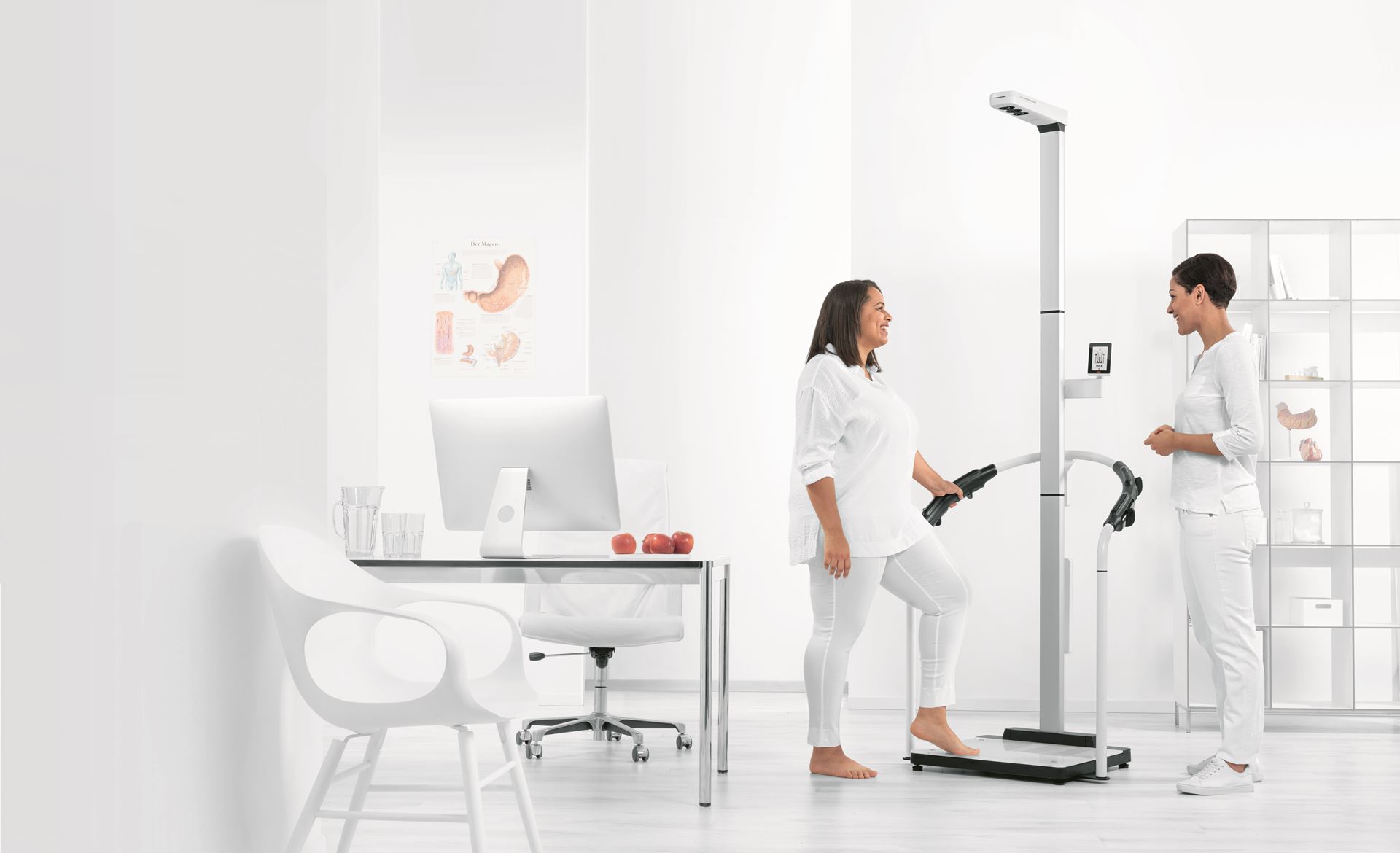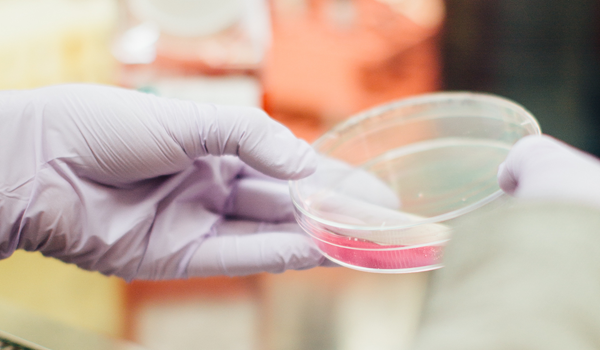Cookies on the Perranporth Surgery website
We've put some small files called cookies on your device to make our site work.
We would also like to use google translate cookies and analytical cookies to understand how our site is used and improve user experience. Analytical cookies send information to Google Analytics.
Let us know your preference. We will use a cookie to save your choice. Before you make your choice you can read more about our cookie policy.
You can change your cookie settings at any time using our cookie policy.
- © 2024 Built by My Surgery Website
- Accessibility
- Cookie policy
- Your data
- Site map








